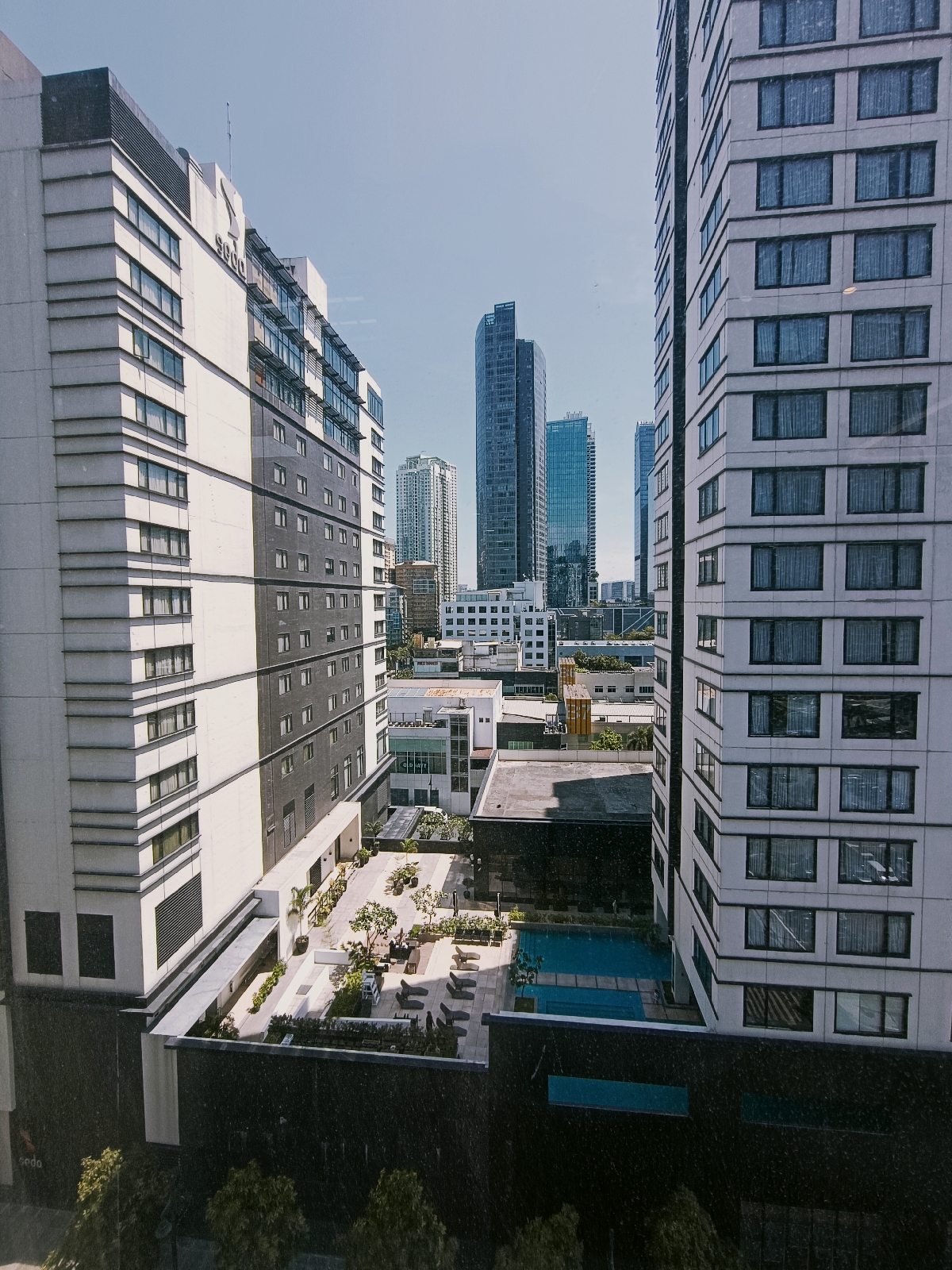Shall we give it a shot?
Have you ever felt like the people around you were a tad too… artificial?
A little too ‘Instagram-perfect,’ a smidge too polished, or perhaps, a tad too rehearsed?
We live in a world of constant show-and-tell, where ‘authentic’ often feels synonymous with ‘staged.’
We can’t escape the gnawing feeling that people around us are merely putting up a facade, and everything feels so darn fake.
Why is that?
You’re not alone. This isn’t an ‘I see dead people’ kind of thing; it’s an ‘I see fake people’ phenomenon. A vast number of us experience this sense of disconnect.
And the reason why everyone feels so fake to you is rooted in the society we live in, our perceptions, and our human nature.
Intrigued?
Let’s dive right in, shall we?
Society — The grand stage of pretentious pantomime
We live in a world that rewards the fake and punishes the authentic. Don’t believe me? Picture this.
Social media is full of heavily filtered snapshots of picture-perfect lives, isn’t it? Perfect selfies, gourmet meals, holiday getaways, and enviable love lives.
Sound familiar?
But here’s the thing. Are these moments genuinely representative of people’s lives? Heck no.
Life isn’t a beautifully curated Instagram feed. But why then do we feel the pressure to ‘perform’ for others? Simple.
Our society has become a stage where each of us is expected to play a part, and those parts are rarely our authentic selves.
We’re taught to polish our rough edges, suppress our weirdness, and blend into the societal mold. Isn’t it exhausting, living as an actor in your life’s play?
Perception — Seeing through the prism of prejudice
Now, here’s food for thought.
Is it possible that you feel everyone is fake because of your perceptions? Sometimes, our beliefs shape our reality more than we’d like to admit.
So, ask yourself this — are you perceiving people as they are, or are you viewing them through a biased lens?
Take a moment to ponder.
Are you inadvertently expecting people to conform to your standards of authenticity?
Are you unfairly judging others’ authenticity based on your values and life experiences?
Is your lens distorting reality, turning people into caricatures of authenticity?
Chances are, your perceptions are coloring your world in hues of phoniness.
You see, we tend to believe our perceptions are the ‘truth.’ But remember, truth is often subjective.
Just because someone’s version of authenticity doesn’t align with yours, it doesn’t necessarily make them ‘fake.’
Could it be that you’re seeing what you want to see?
Humanity — The craving for connection and acceptance
Let’s dive deeper, shall we? At our core, humans are social creatures.
We crave connections, acceptance, and a sense of belonging. It’s embedded in our DNA.
So, what do we do to fit in? You guessed it — we adapt.
We adjust our behaviors, mask our insecurities, and sometimes, create a persona that fits the expectations of our social group. It’s a survival instinct, baby.
But let’s be honest. Is it really so wrong to adapt to fit in? We all do it to some extent.
Ever toned down your enthusiasm because you didn’t want to come off as too eager? Ever laughed at a joke that wasn’t funny just to avoid awkwardness? Yes, you’ve been there, haven’t you?
So, before you label someone as fake, remember this — everyone is battling their own insecurities.
Everyone is trying to fit into this complex societal jigsaw. Everyone is seeking acceptance, just like you.
So, isn’t it a tad unfair to dismiss them as ‘fake’ without understanding their journey?
Authenticity — Because real recognizes real
Everyone feels so fake, not because they inherently are, but because we live in a society that values conformity over authenticity, because our perceptions are often skewed, and because our need for acceptance drives us to adapt.
But what can we do about it?
For starters, recognize the society we live in and the pressure it exerts to ‘fit in.’ Embrace authenticity in yourself and appreciate it in others. Real recognize real, right?
Challenge your perceptions. Ask yourself if your judgments are fair, or if they’re clouded by bias.
Remember, authenticity comes in different flavors, and not all will be to your taste.
Finally, empathize. Understand that everyone has their own battles and their own need for acceptance.
Accept people as they are, without the ‘fake’ label. The genuine connection stems from understanding, not judgment.
In a world full of artifice, let’s try to foster authenticity, one connection at a time.
Shall we give it a shot?



